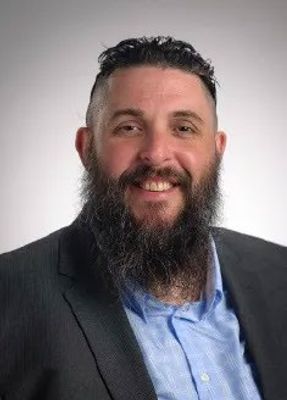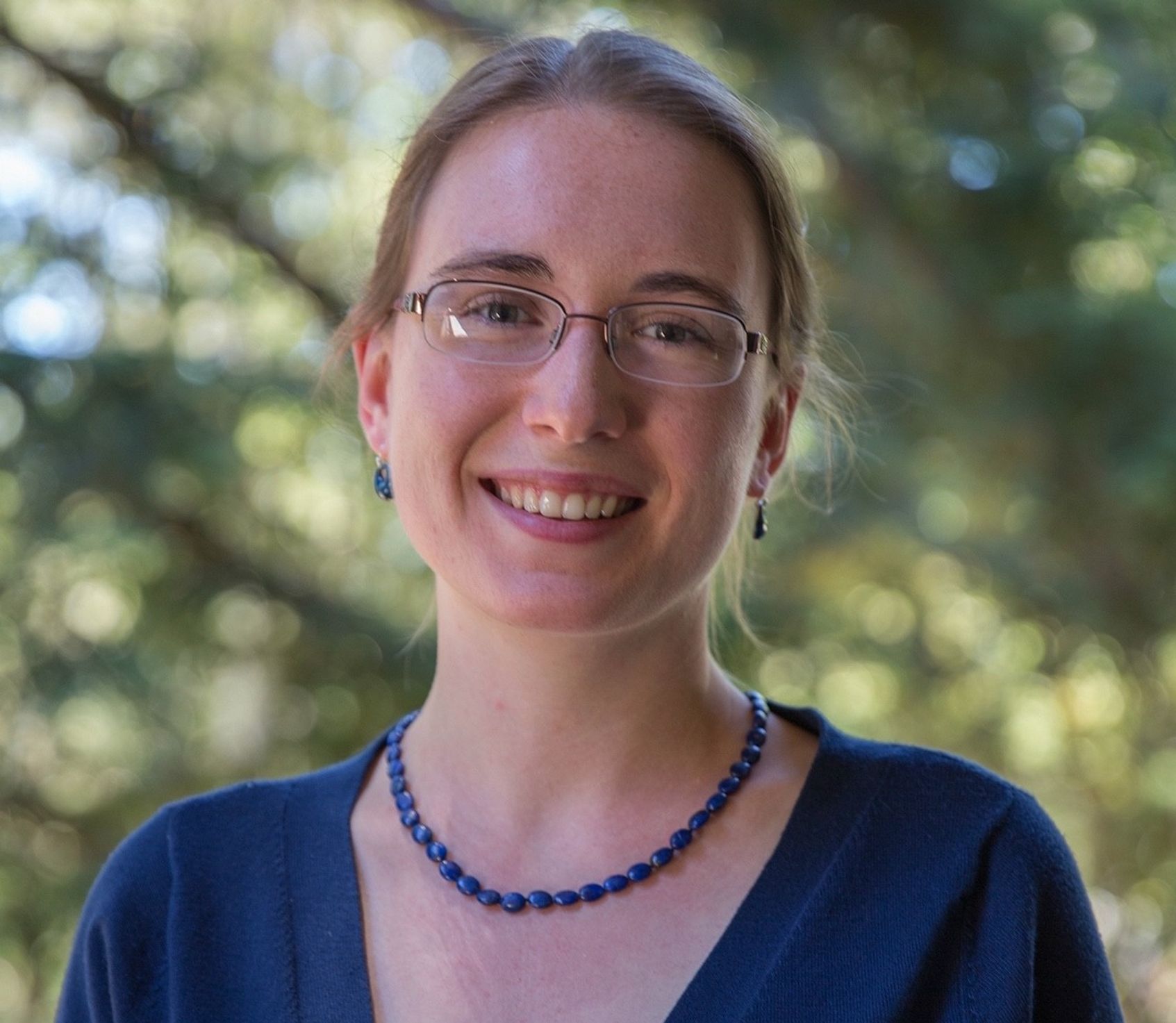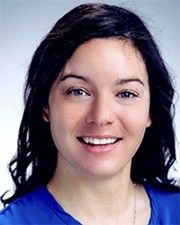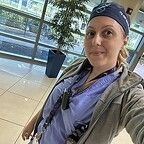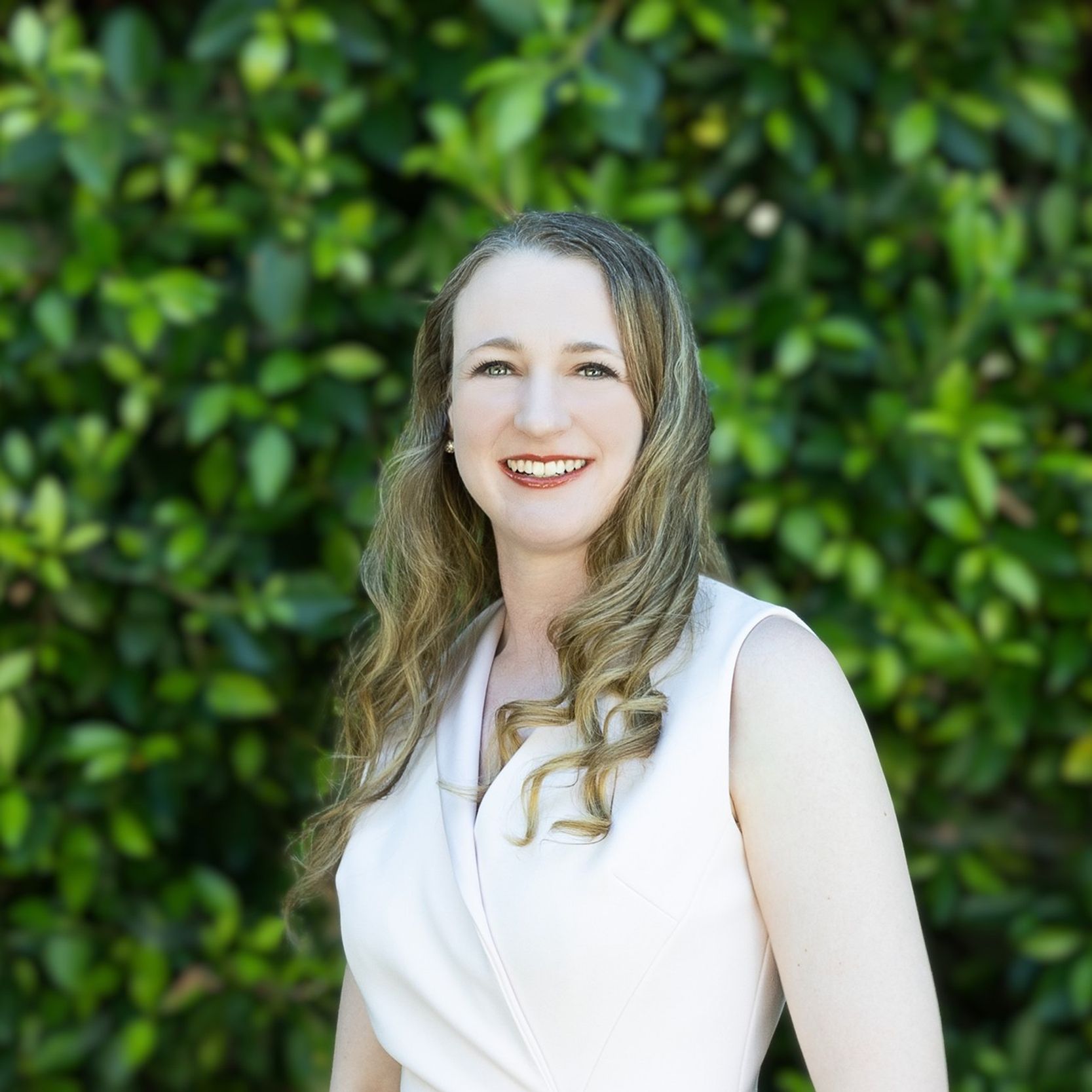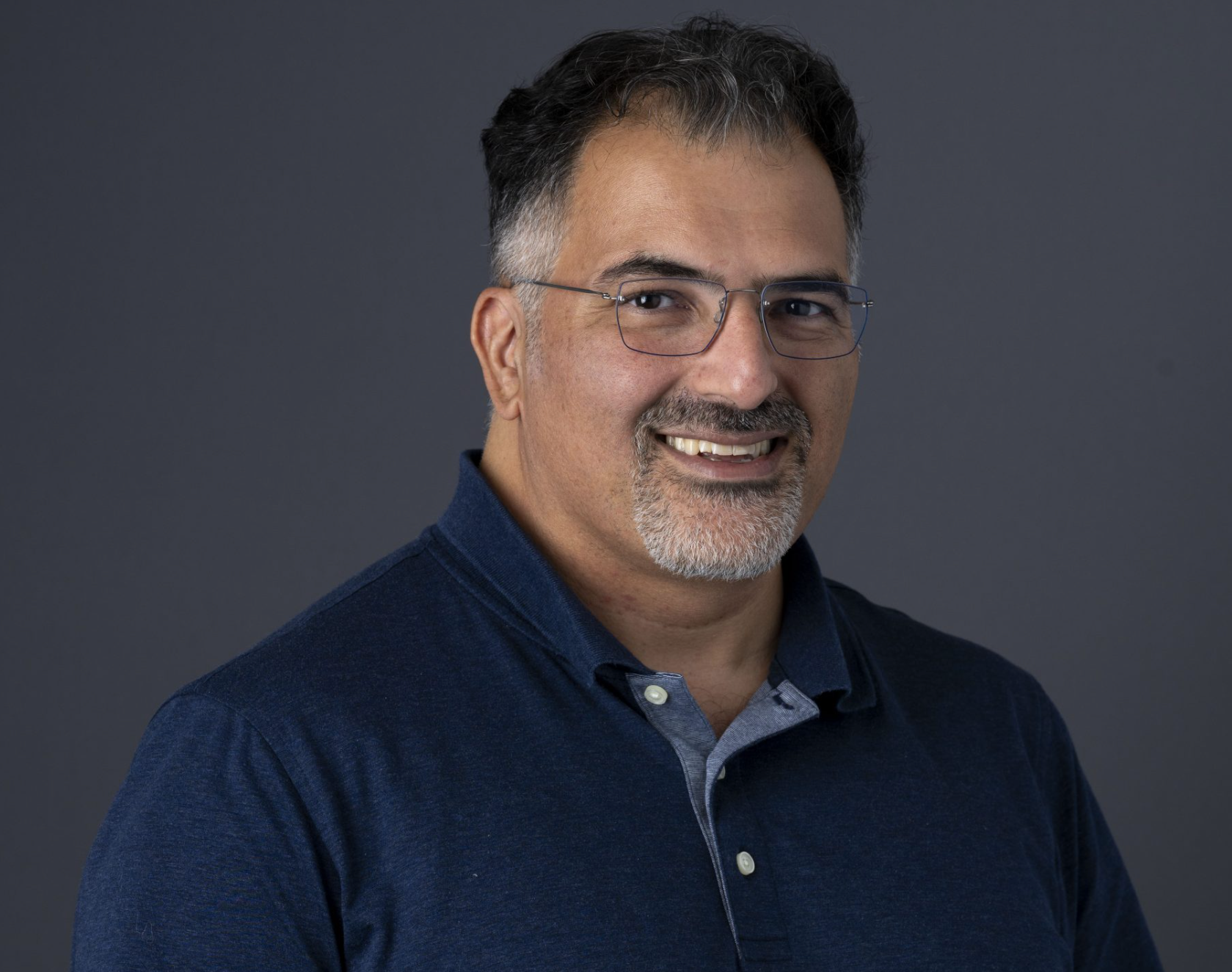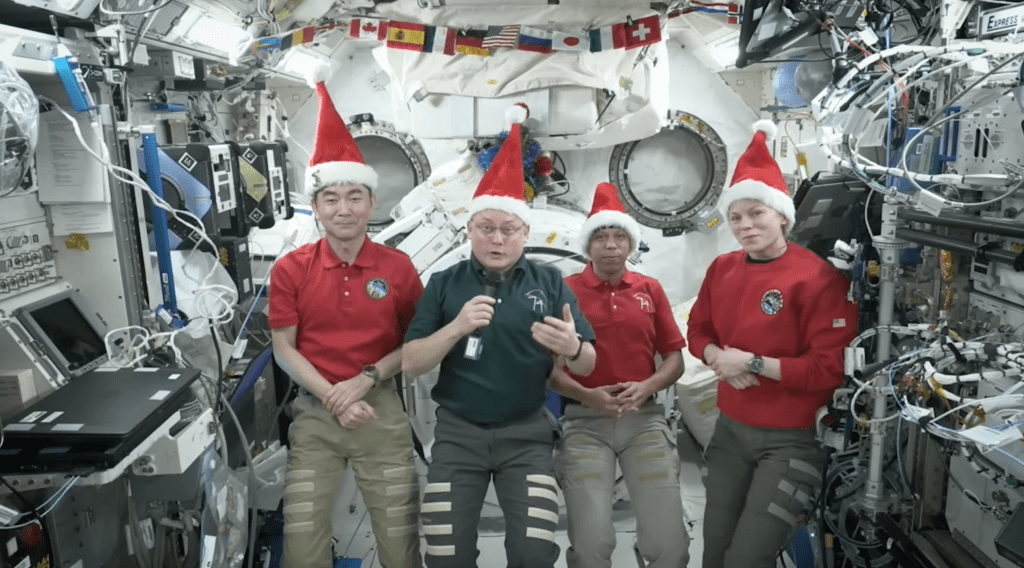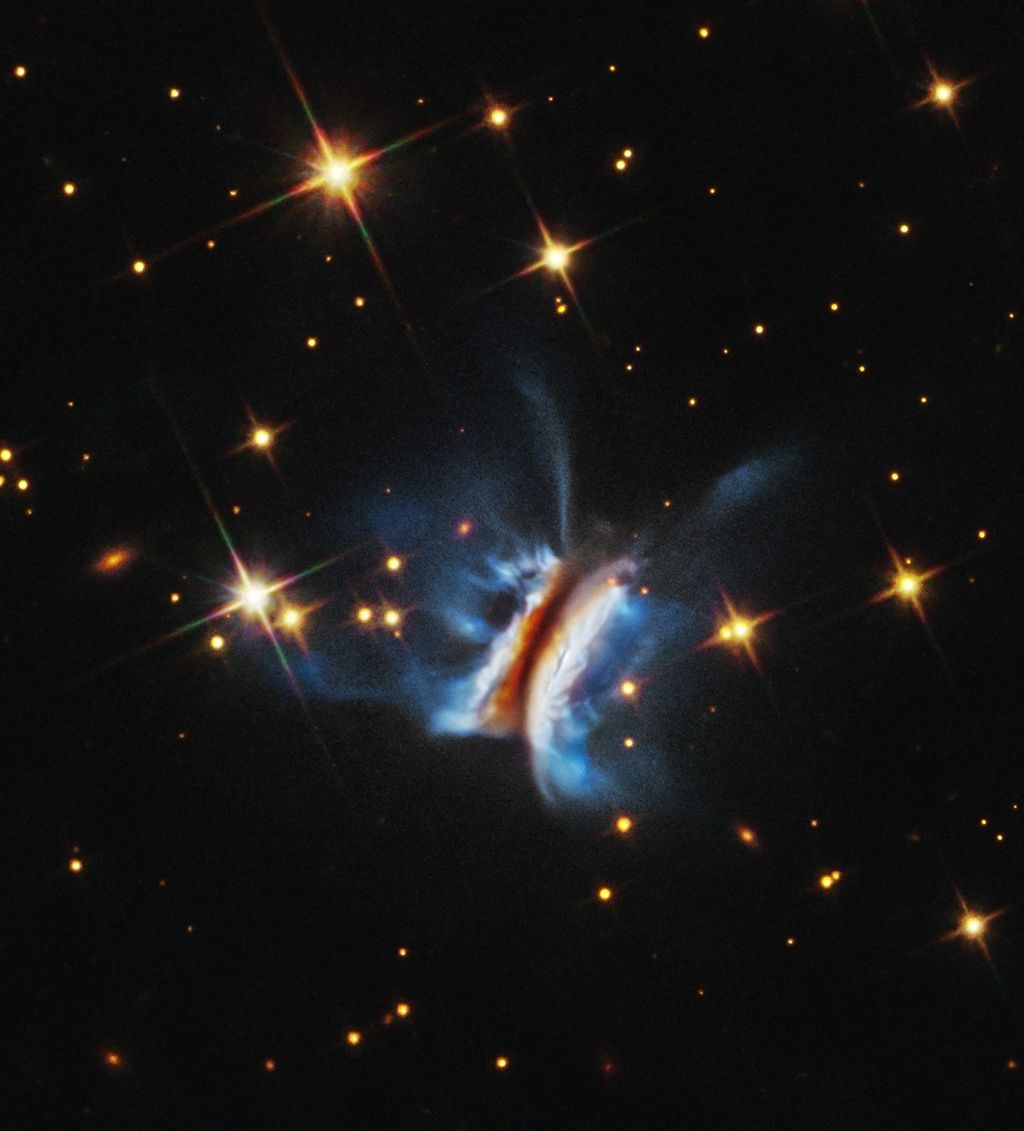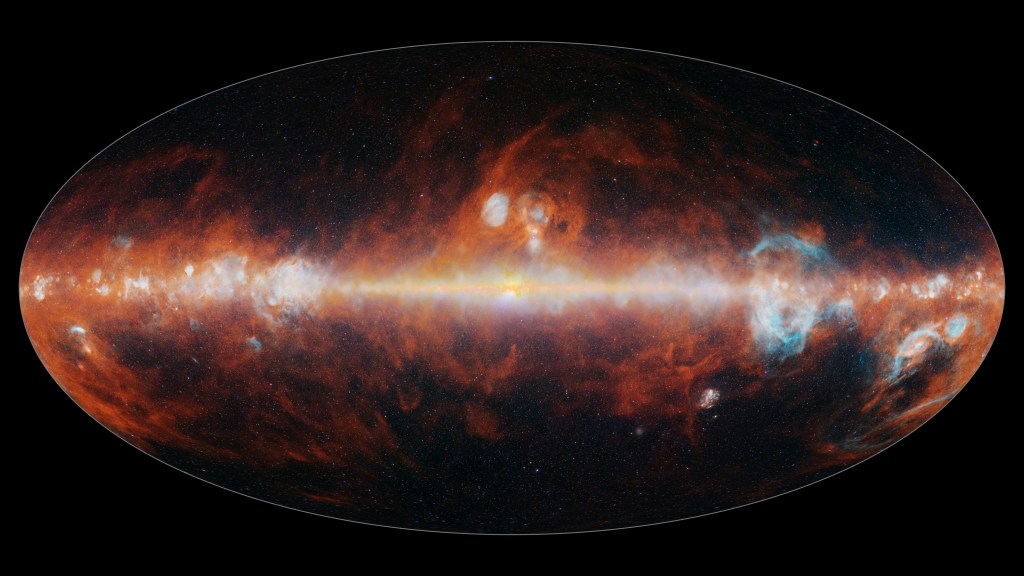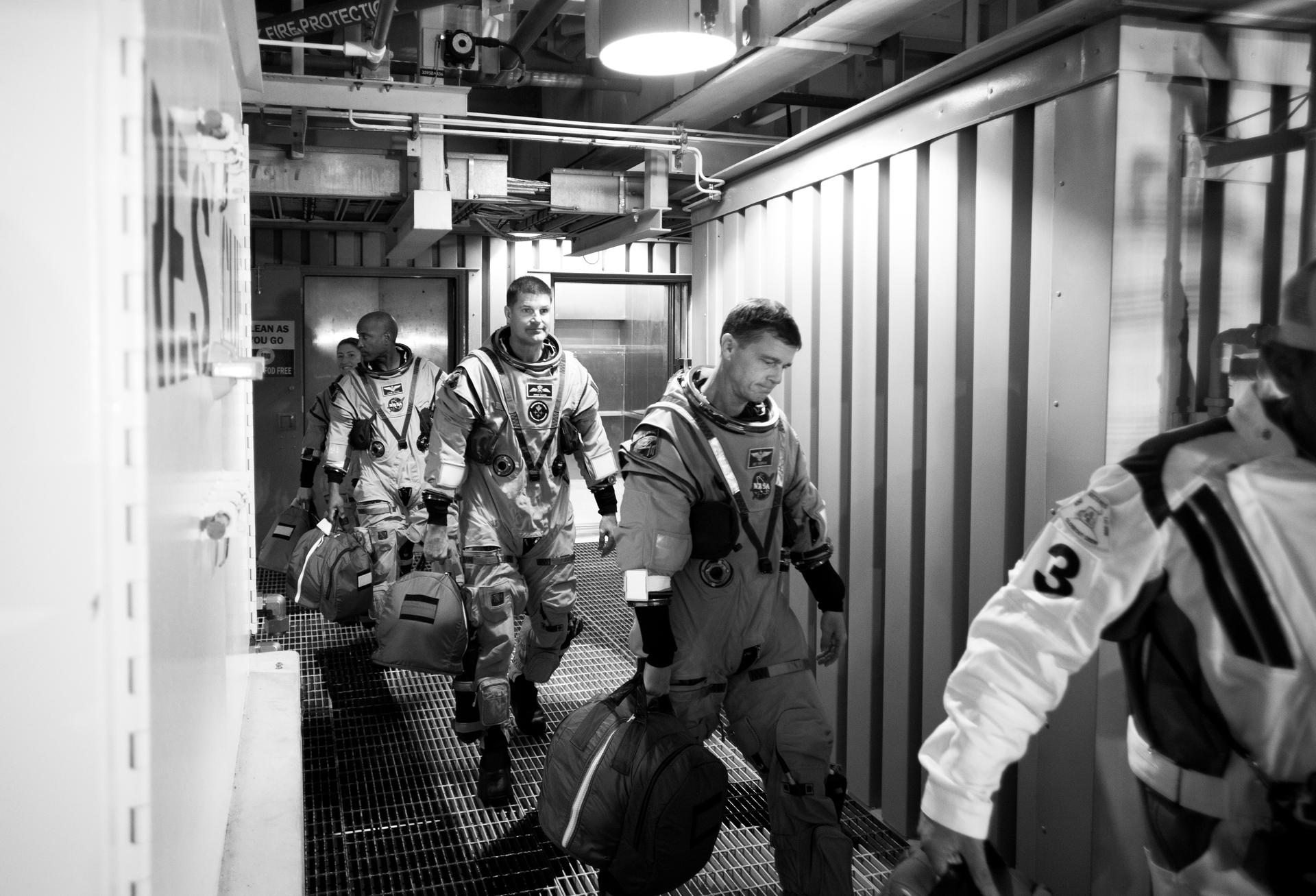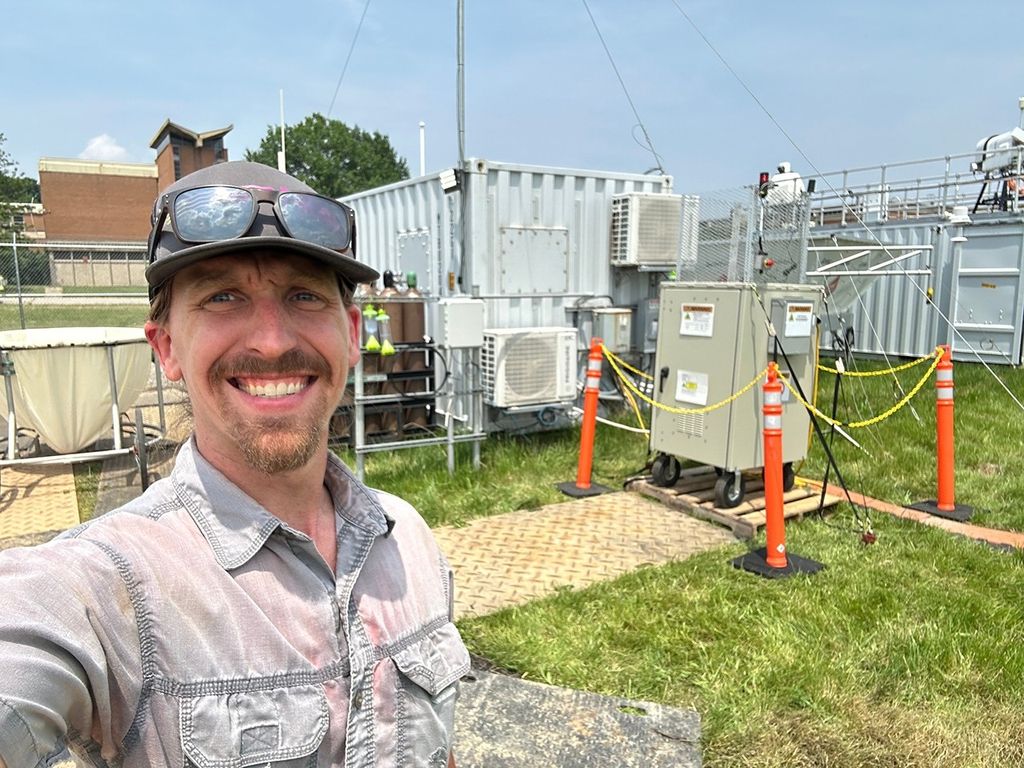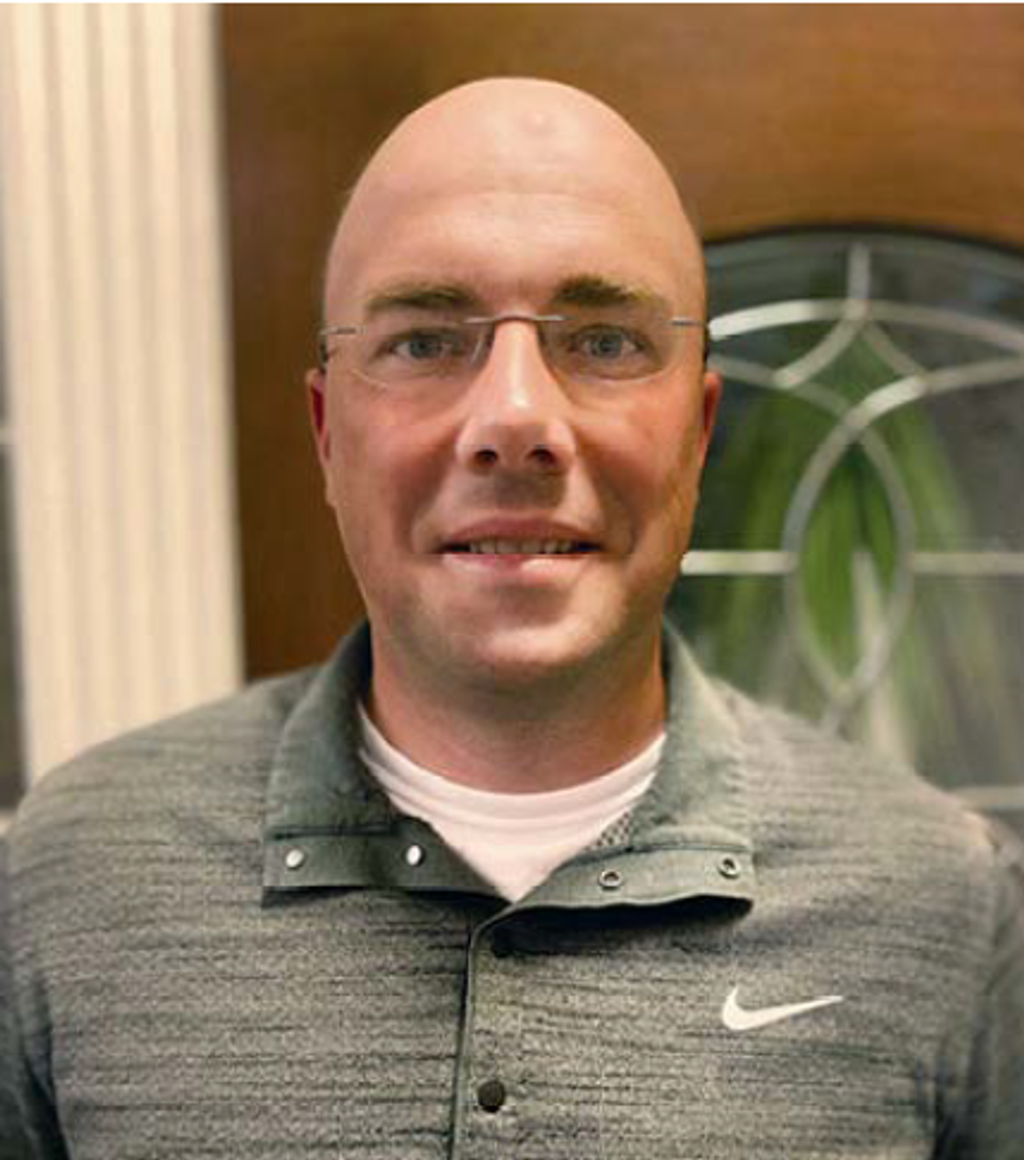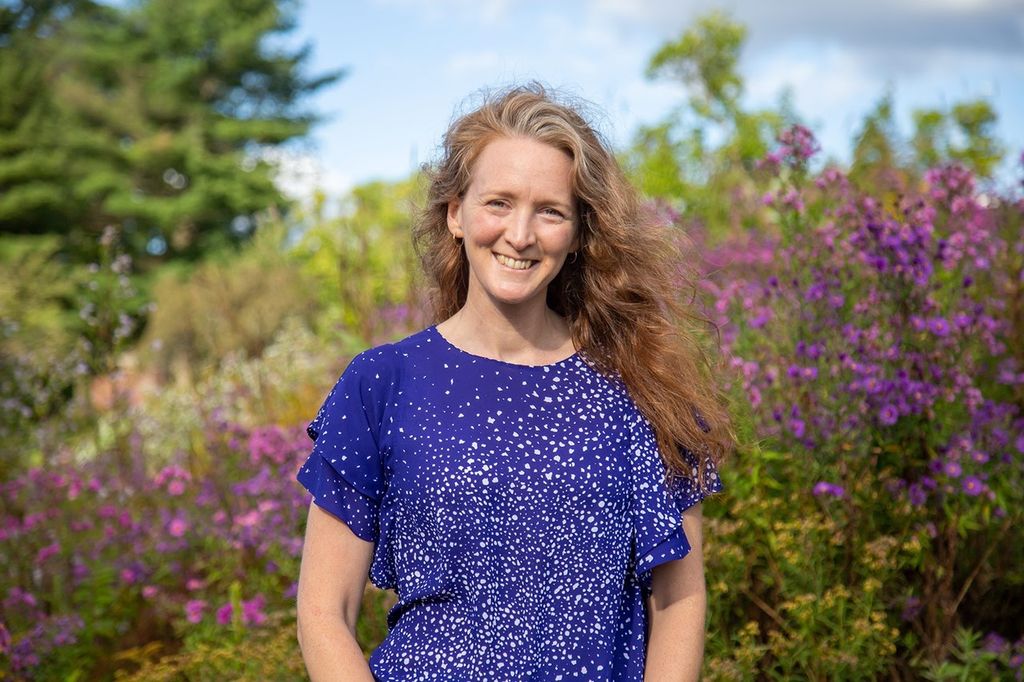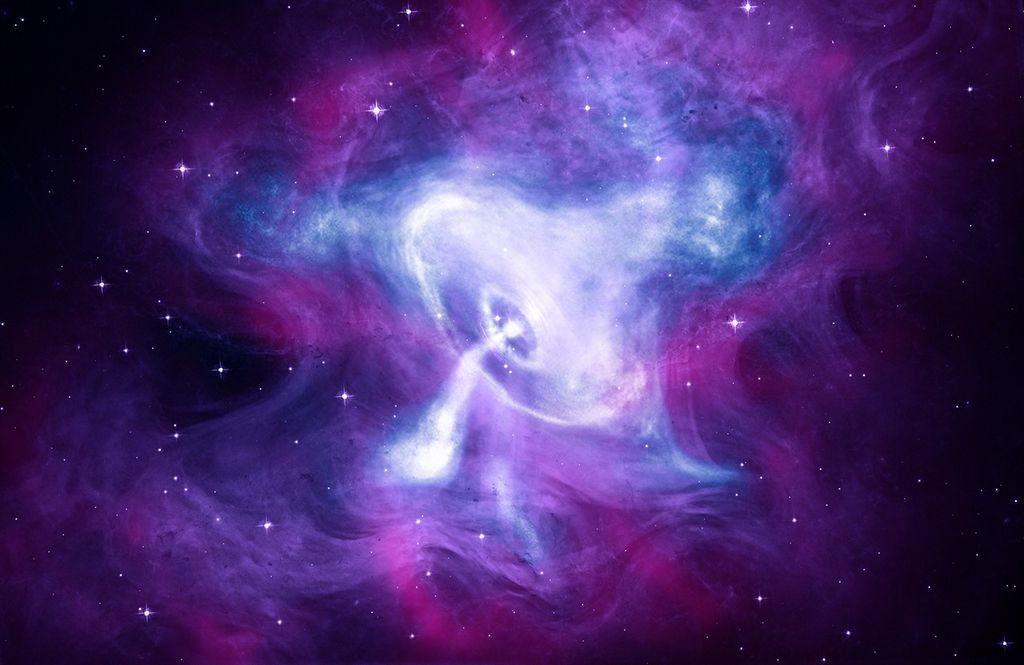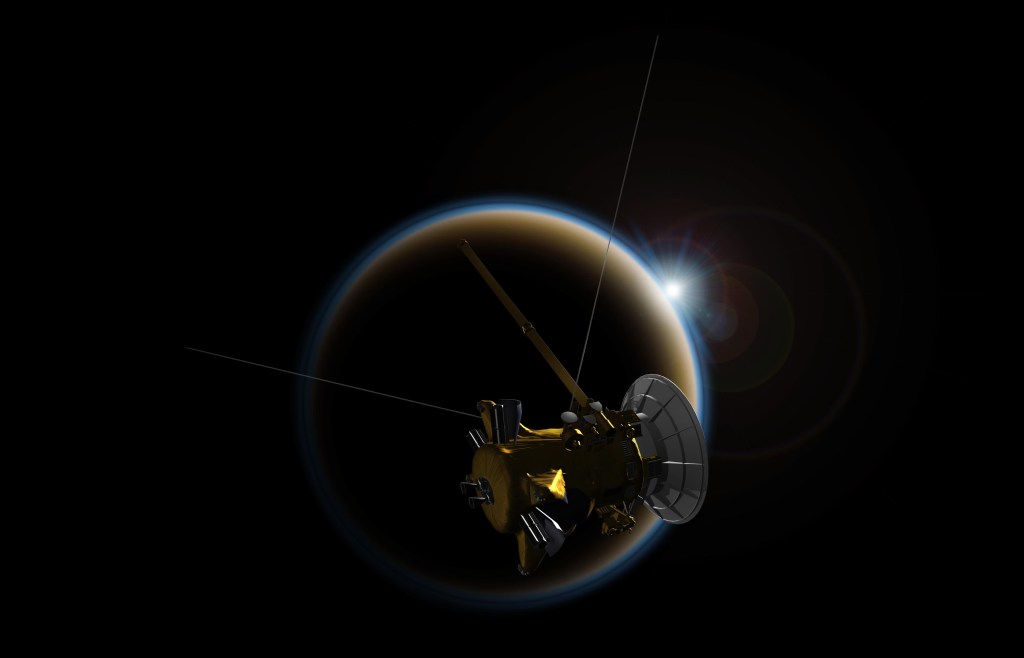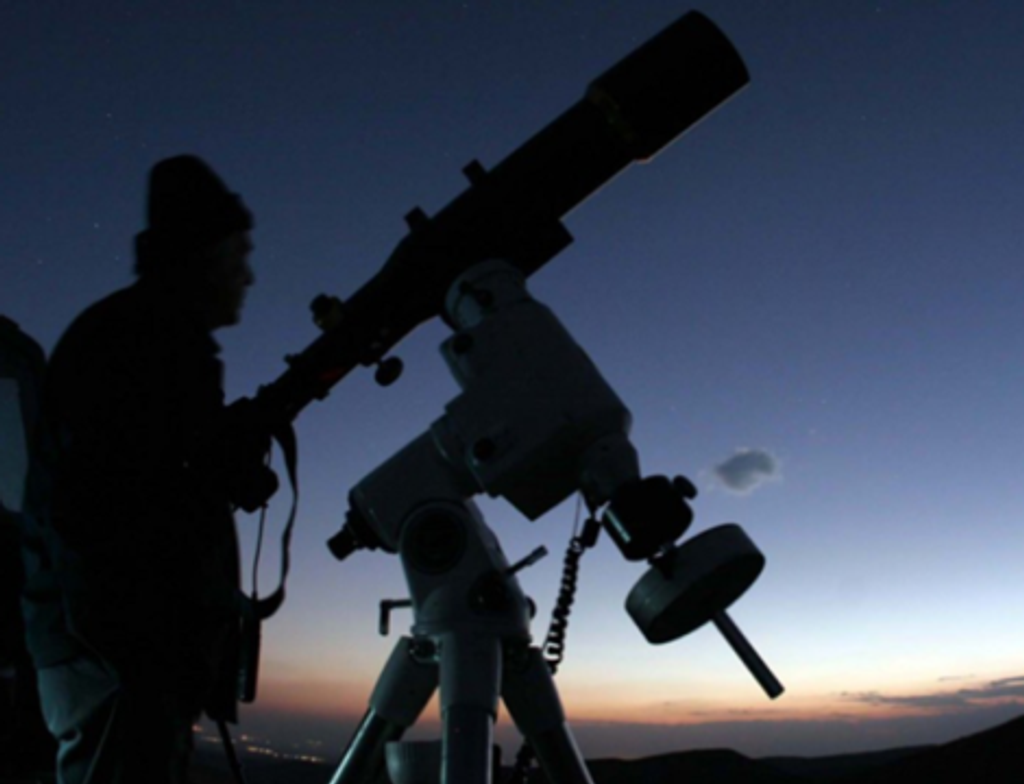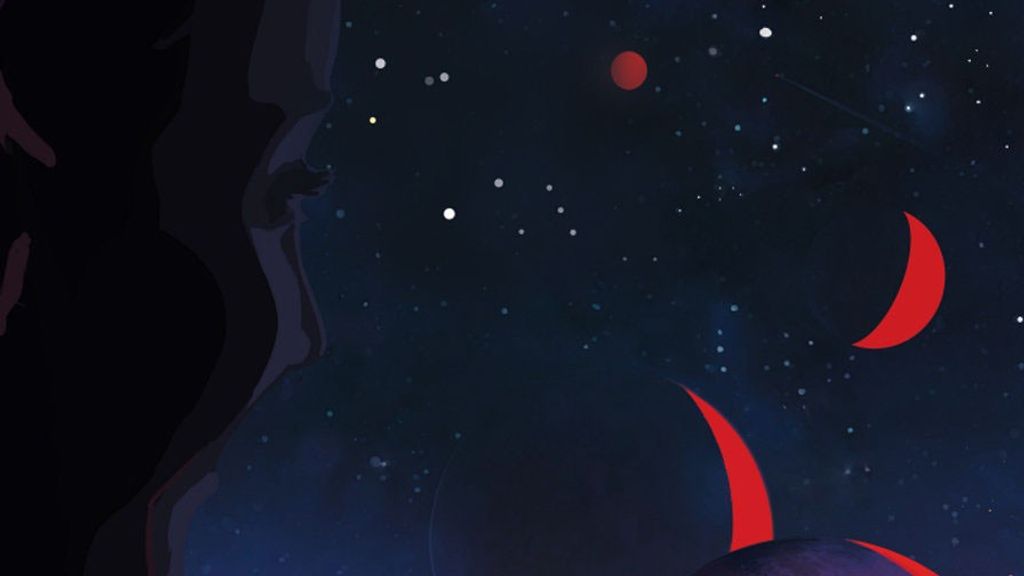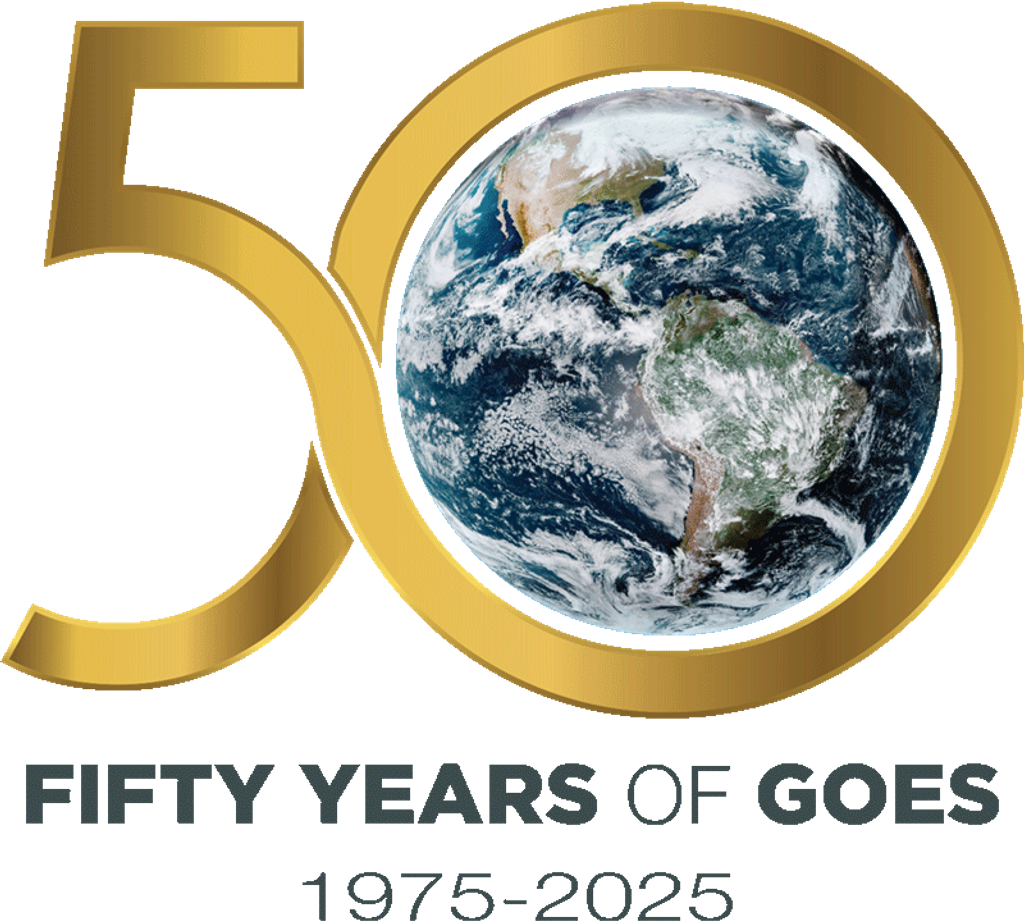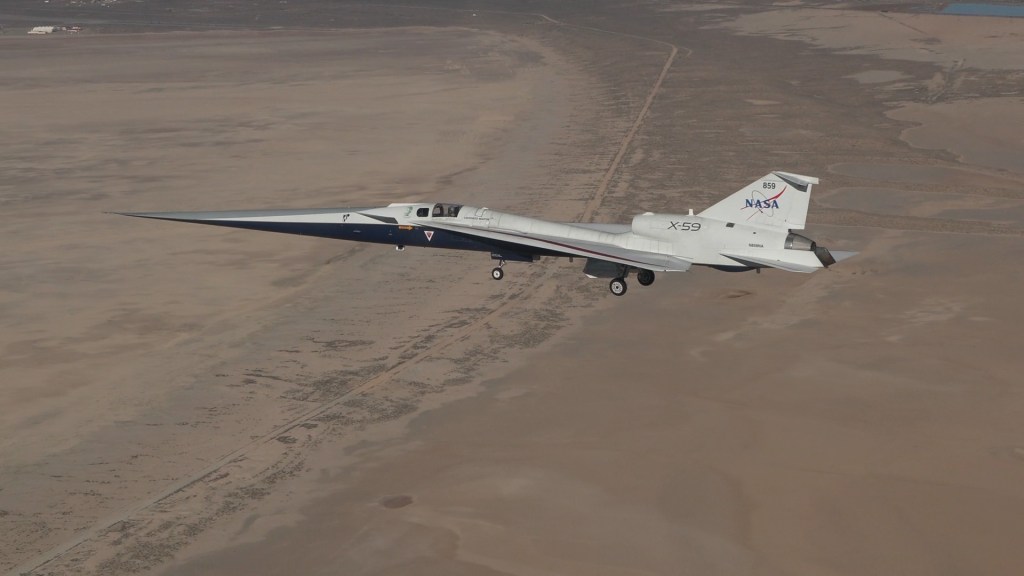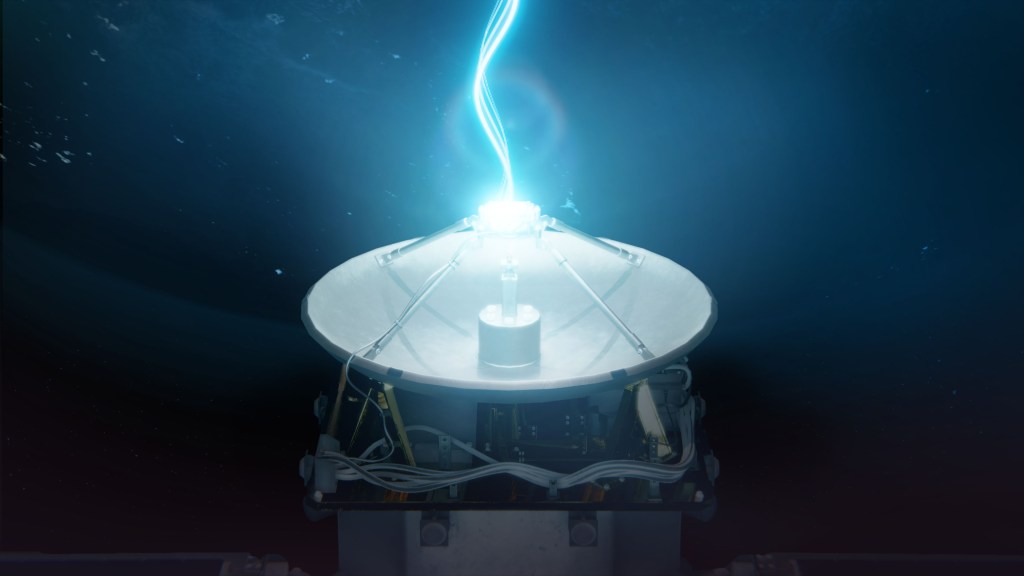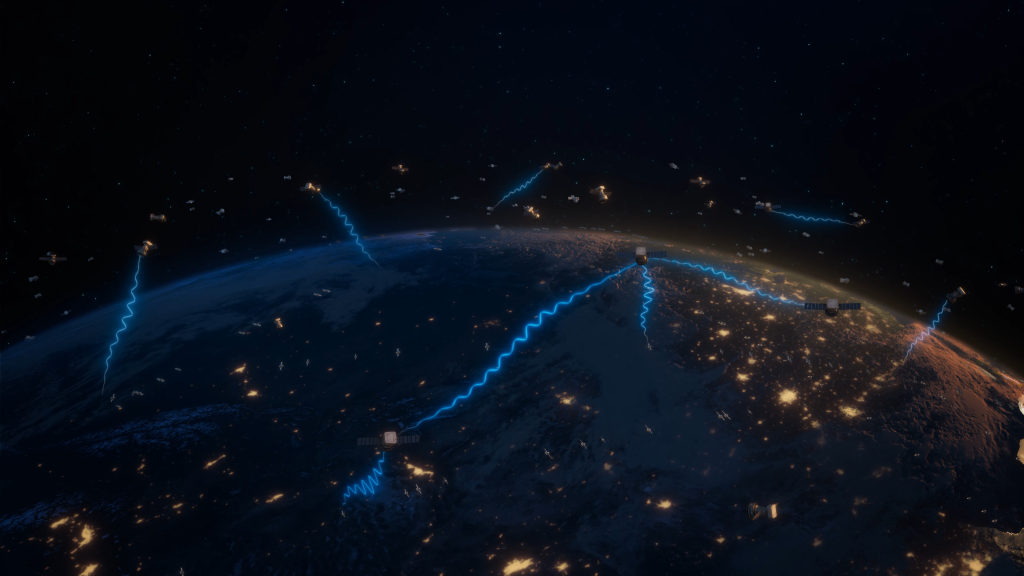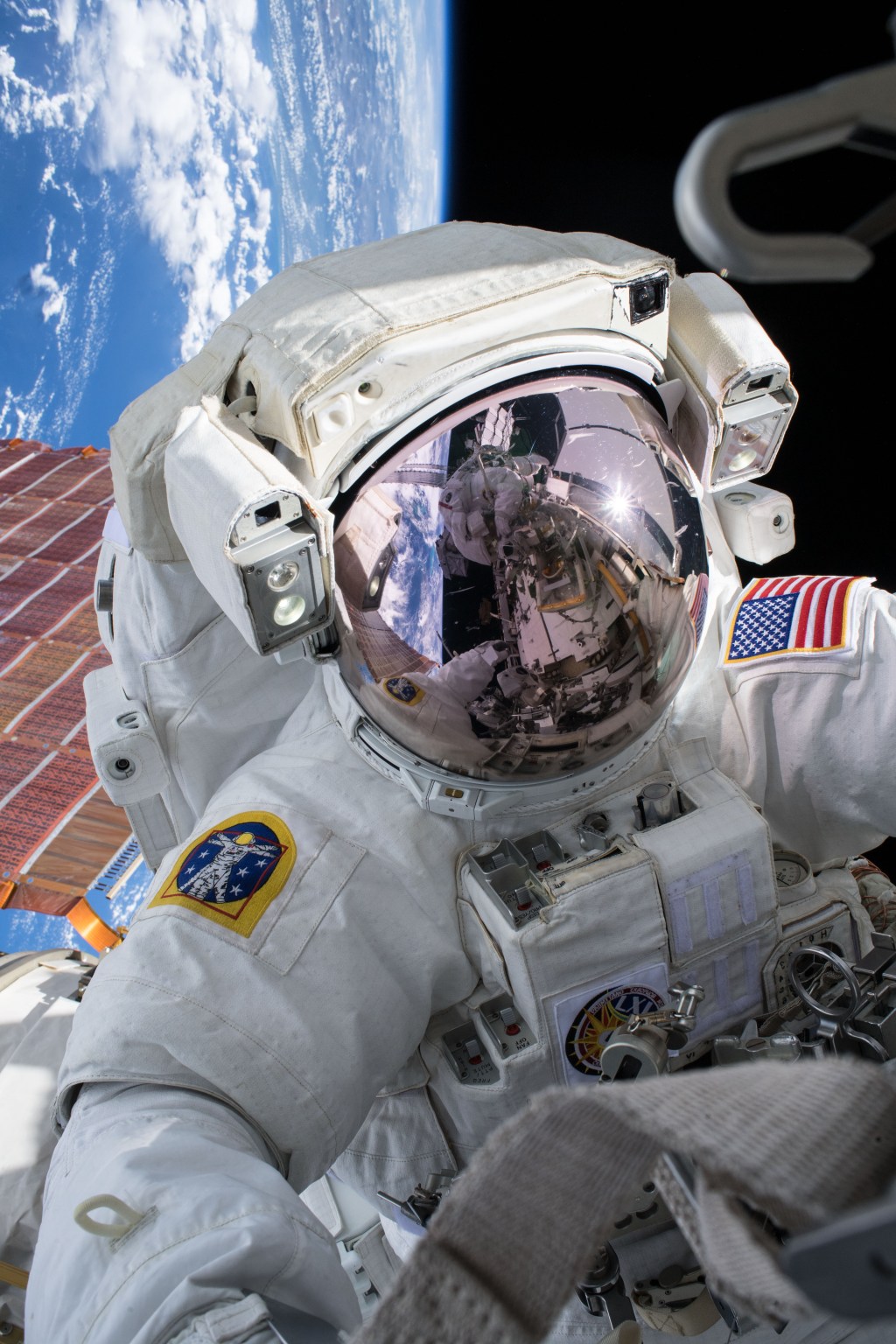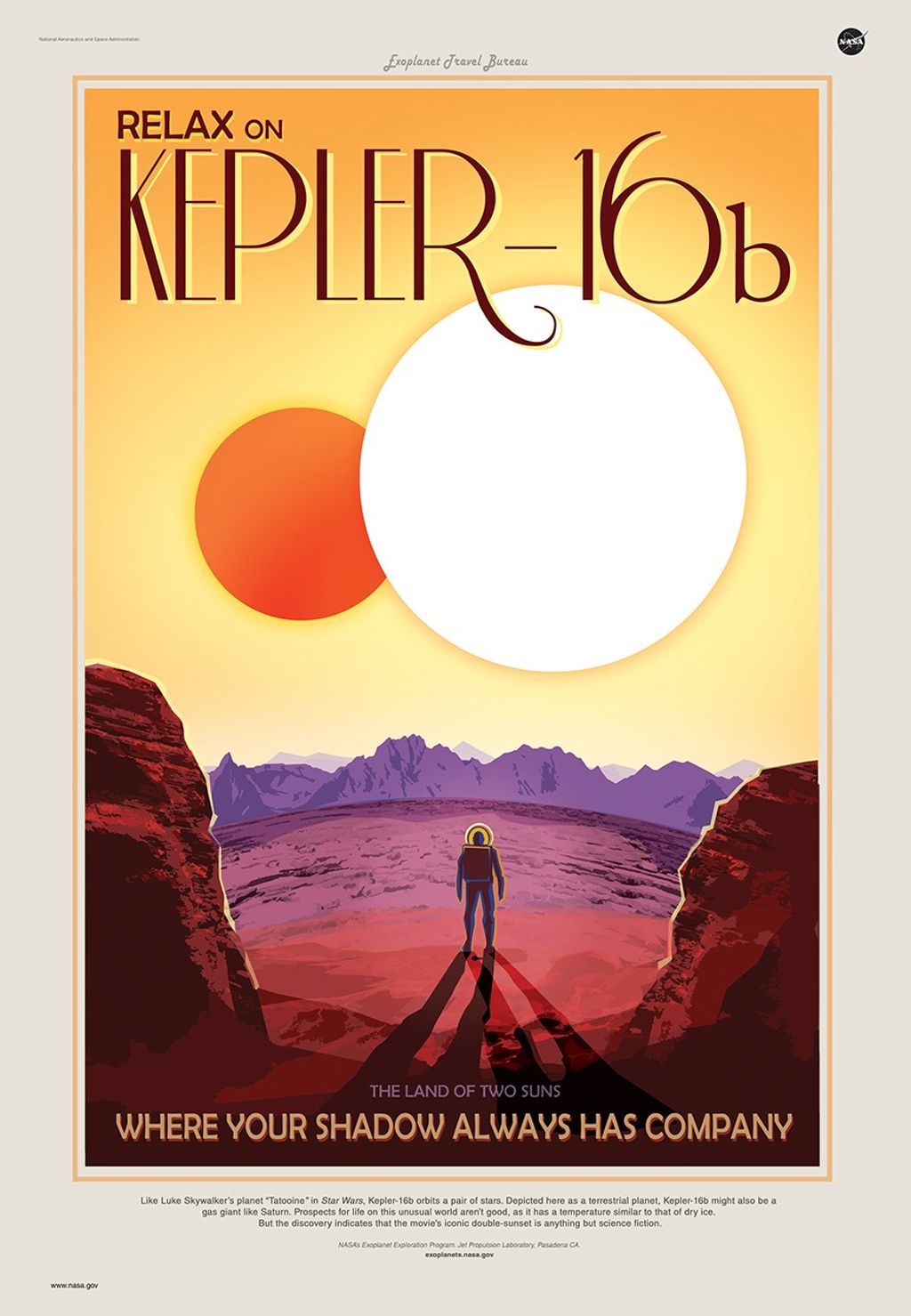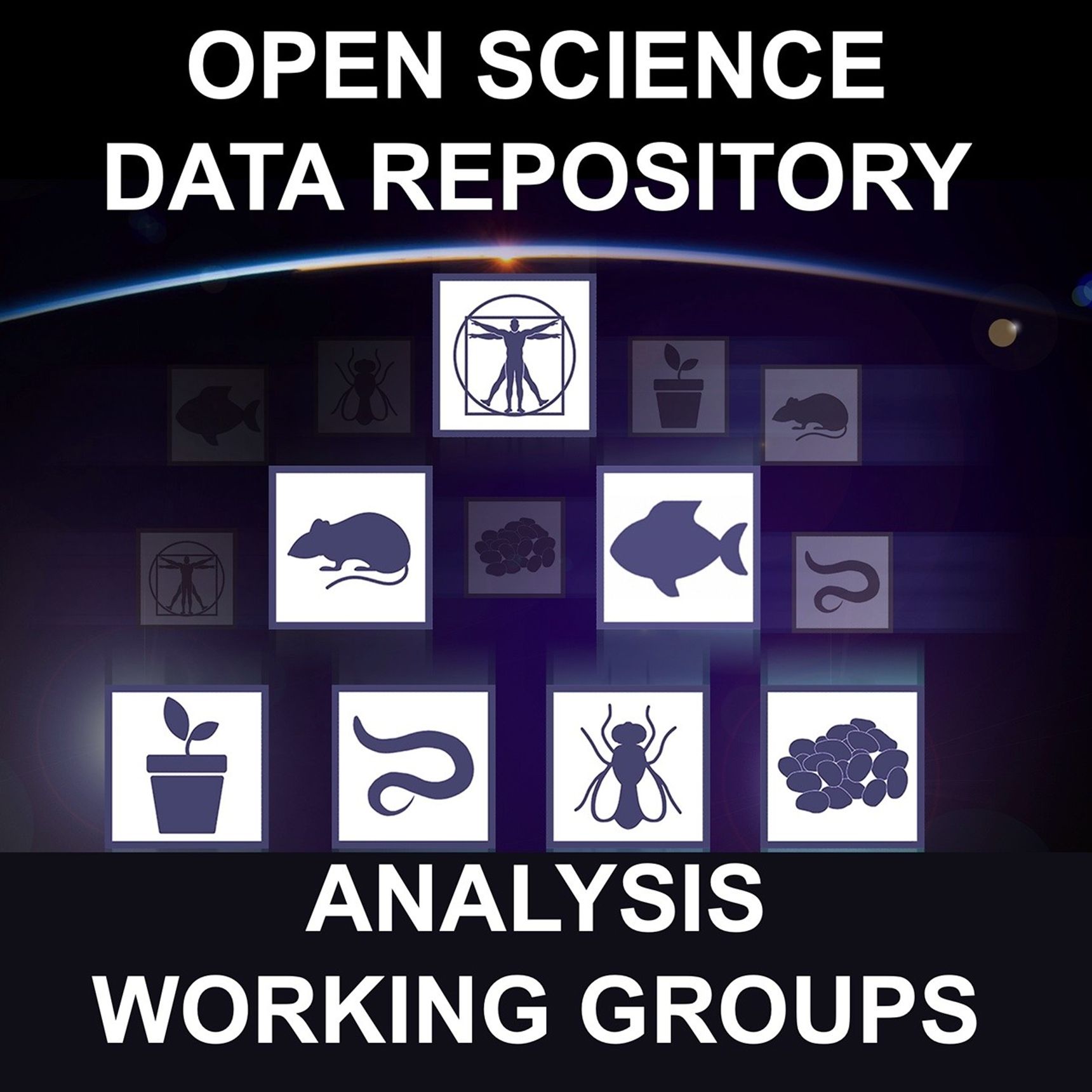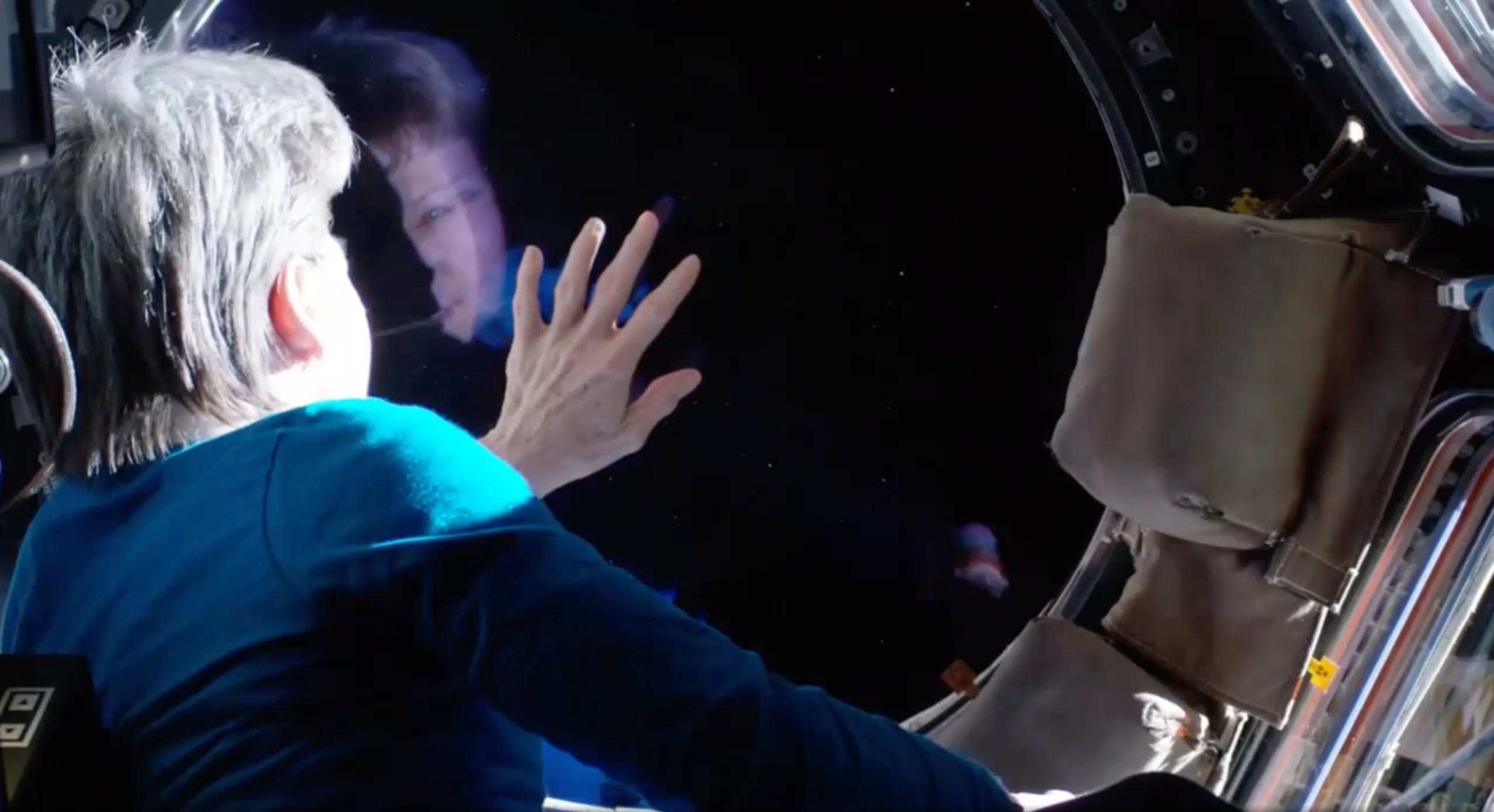Open Science Data Repository Analysis Working Groups
How does life that’s evolved here on Earth react to the radiation-rich, gravity-poor environment of space? It’s an important question to ask before we send people to Mars or anywhere else in the solar system. The Open Science Data Repository Analysis Working Groups (OSDR AWGs) are teams of people - scientists, students, and members of the public - working together to answer this question.
The nine Analysis Working Groups (see their descriptions below) examine data from NASA missions and space experiments collected in the Open Science Data Repository (OSDR). These teams use the data to answer questions in basic science, applied science, and health outcomes for space exploration. Dozens of project groups are active at any time.
The OSDR provides free and open data analysis/visualization tools for anyone to use, and free, open, on-demand trainings for youth, students, and the public to learn bioinformatics, artificial intelligence, and machine learning for space biology. Your ideas and collaborative research may enable the next breakthrough to help life thrive in deep space!
project task
Independent work with data collection
division
Biological and Physical Sciences
where
Online
launched
2018
What you’ll do
The Analysis Working Groups (AWG) have two main activities:
- Provide feedback on scientific standards that support reuse of data related to life in space.
- Mine and reuse OSDR data to conduct scientific analysis to learn more from the valuable datasets in it.
- Become part of a global network of passionate scientists and volunteers working together to unlock the secrets to help terrestrial life thrive in space.
Requirements
- Time: Varies. All AWGs have monthly calls. There are sub-group project meetings as well. Depending on interest and expertise, members likely do ~5 hours of activity (writing, coding, analyzing data) between meetings.
- Equipment: Internet-connected computer.
- Knowledge: None required. Familiarity with data engineering, statistics, coding, space biology literature is very helpful. There are tutorials and various open trainings available to AWG members (see below).
Get started!
Not sure you’re ready? Check out the training resources below.
More on the Nine Analysis Working Groups
The current Analysis Working Groups are listed below. Each perform the two functions of AWGs - providing feedback to data standards and conducting analysis of data within the OSDR - for their disciplinary area.
The Animal AWG focuses on data from experiments with animal in space, seeking to better understand basic animal science as well as animal evolution and adaptation to the conditions of space. The experiments work with rodents, fruit flies, roundworms, and tissue-on-a-chip technology.
The Artificial Intelligence/Machine Learning (AI/ML) AWG develops and deploys AI and ML tools to answer questions about spaceflight biology and human health.
The NASA Ames Life Sciences Data Archive (ALSDA) AWG focuses on physiological, phenotypic, biomedical, imaging, and behavioral data. This group spends a majority of its time on data and metadata standards.
The Female Reproductive System AWG investigates the impacts of spaceflight on female reproductive health, from endocrinology to reproductive organ health.
The Human AWG investigates the direct impacts of living in space on human health and works to connect an individual’s response to space to their genetics, physiology, biochemistry, etc. to better predict health outcomes.
The Microbial AWG investigates microbial life and the ecosystems to support life in space; investigations address bacteria, yeast, viruses, and other types of microbiological life.
The Multi-Omics AWG. Each ‘omics discipline examines a different biological molecule (e.g. DNA) and its functions throughout the body of an organism. The Multi-Omics AWG integrates data from all the ‘omics disciplines to investigate how the environment of space impacts terrestrial life.
The Plants AWG focus on the science of cultivating healthy, nutritious plant crops in space.
The RadLab AWG focuses on radiation telemetry (the science of remotely detecting and measuring radiation in space and converting those data to signals that can be transmitted) and radiation biophysics (the study of how radiation impacts the physics of cellular processes). This AWG was instrumental in guiding the creation of the ‘RadLab’ tools of the OSDR.
Learn More
There is a ‘Forum-Space’ for OSDR AWG members to collaborate, find projects, chat with one another, ask questions, and post/find opportunities. Here is the Forum-Space Homepage and pinned top post is the maintained list of all current projects. The About page on this site has lots of information and links to resources.
In addition to the OSDR tutorials that cover the basics of accessing and navigating the repository, there are some special resources for learners. GeneLab for High Schools is a summer intensive internship for high school students that introduces space biology and bioinformatics analysis methods. Visit the link for information on this year’s offerings.
Past teachers who have participated as interns in this course alongside students have created curricular materials — units, worksheets, and supporting activities — to support classroom participation in space biology using OSDR. Click here for the teacher-created lessons. GeneLab for Colleges and Universities and Artificial Intelligence/Machine Learning (AI/ML) in Space Biology trainings are also available as free, open-access, on-demand courses designed to support skill development.
Get to know the people of the Open Science Data Repository Analysis Working Group
